Customers and product management
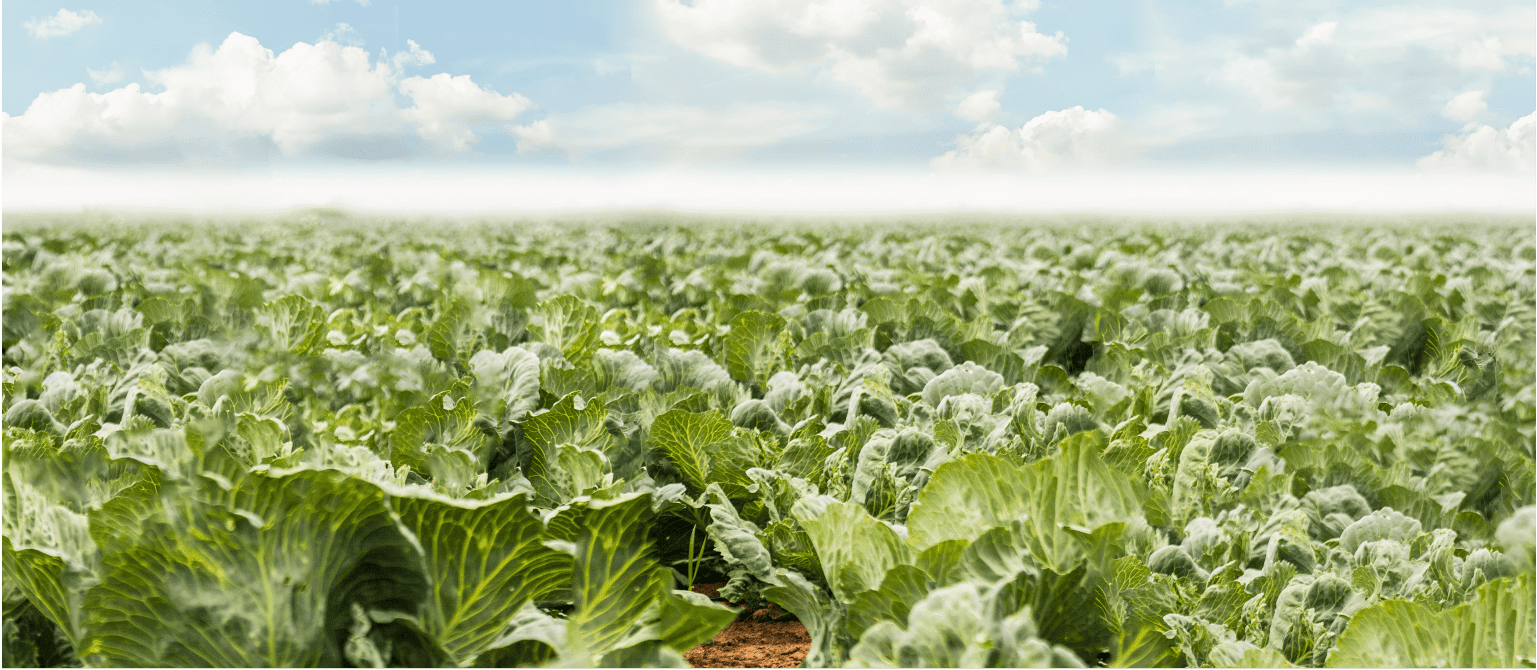
Area, strategic goals and metrics
Key projects and results of 2022
Results ofKey projects and results of 2022
The trial results were featured in research publications and the book titled Trial Outcomes 2022, with the trial data also demonstrated at conferences and webinars
We carry out PhosAgro’s strategic and globally important mission of supplying safe and eco-efficient fertilizers for the agricultural industry to ensure food security in Russia and across the world. We believe that tackling global problems is only possible through open dialogue, cooperation, and building synergies between all stakeholders. This approach is at the heart of our interaction with customers.
We are committed to the responsible use of our products making sure they are safe for people and the environment. Product life cycle management at PhosAgro is in full compliance with applicable Russian and international standards and regulatory requirements. We seek to minimise any potential negative impact of our products on safety, health and the environment throughout the value chain, from product development to the end of its life cycle.
To provide consumers with safe, eco-efficient, and quality innovative products and services, the Company's Strategy to 2025 has identified the following focus areas
Developing innovative products that meet customer requirements and enable farming with due consideration of environmental factors, soil and crop requirements, the climate agenda and the need to reduce greenhouse gas emissions in the value chain.
Advancing digital technology in agriculture to boost crop yields and quality in the near term, including by raising consumer awareness of innovations in agricultural production.
Enhancing PhosAgro’s competitive strengths as one of the world's leading suppliers of eco-efficient phosphate fertilizers for farmers.
Expanding PhosAgro Group’s involvement in programmes to protect human health and the environment, ensure food security and combat soil degradation.
Developing circular economy and increasing rates of recycling, including the use of by-products from PhosAgro Group's facilities.
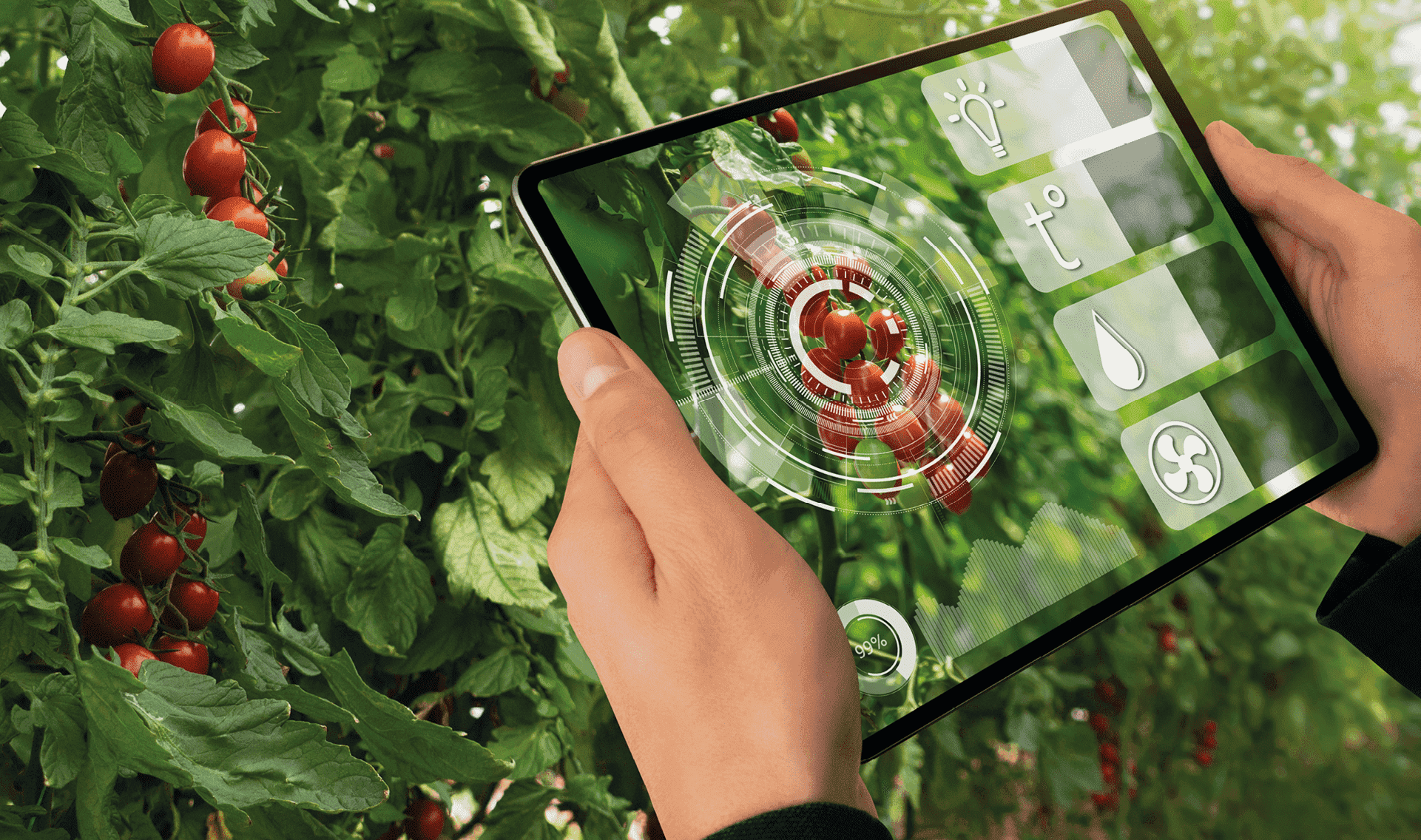
An open dialogue with customers helps us understand their expectations and requirements for our products, services and the management system, as well as their vision of future products. This valuable information creates a solid foundation for the Company’s further strategic growth and new product development. PhosAgro Group's responsible production management framework is based on the following principles:
- compliance with Russian and international standards and regulations;
- accurate traceability of materials, elements and substances from product development to the end of life cycle;
- open and transparent information about the properties and quality of products for customers and other stakeholders;
- open dialogue with stakeholders regarding their expectations and satisfaction with the Group’s products and services;
- integration into the quality management and environmental management systems.
PhosAgro Group’s vertically integrated business model is a key competitive advantage. PhosAgro’s upstream assets benefit from extensive and high-quality resource base boasting unmatched purity. Our downstream assets are located close to key mineral resources used in fertilizer production. At PhosAgro Group, we have a product management framework that relies on the assessment of product life cycle. It covers all production facilities and stages of product life.
Product management framework
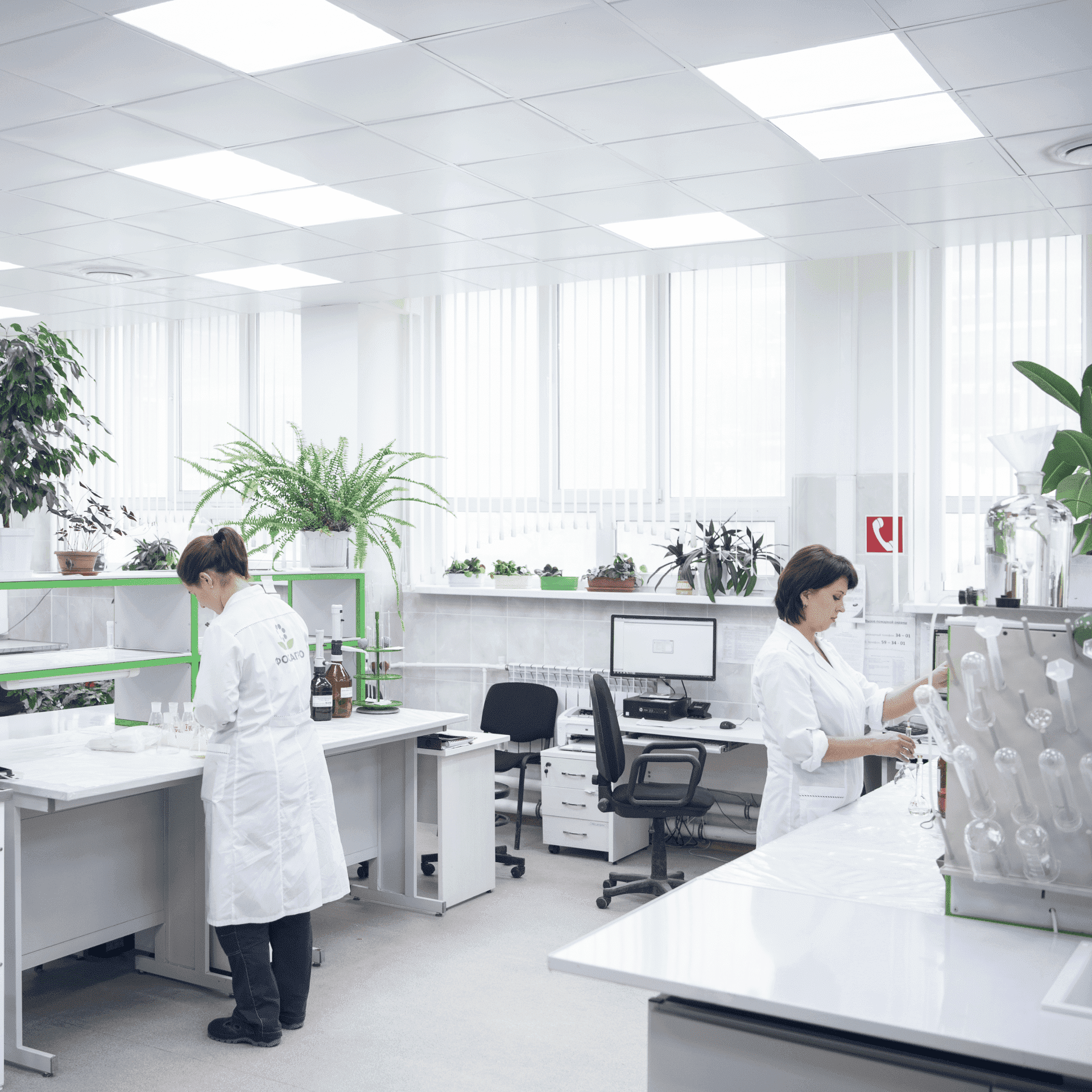
- Regulations and other requirements
- Expectations of stakeholders
- PhosAgro’s strategic initiatives, and cooperation and joint research projects with research institutes
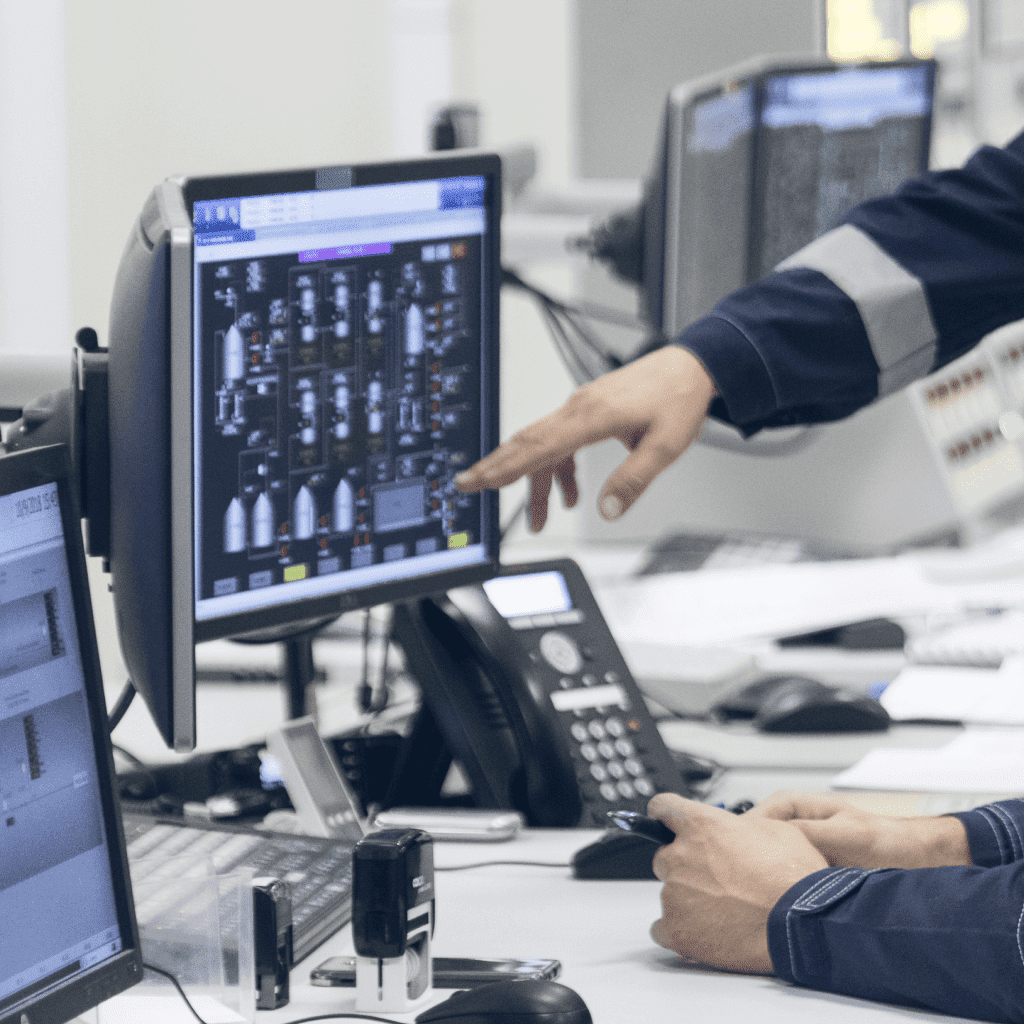
- Elaboration of production requirements and opportunities
- Product research and development
- Ensuring production safety and product use in compliance with regulatory and other requirements
- Drafting documents
- Registration tests and receipt of permits
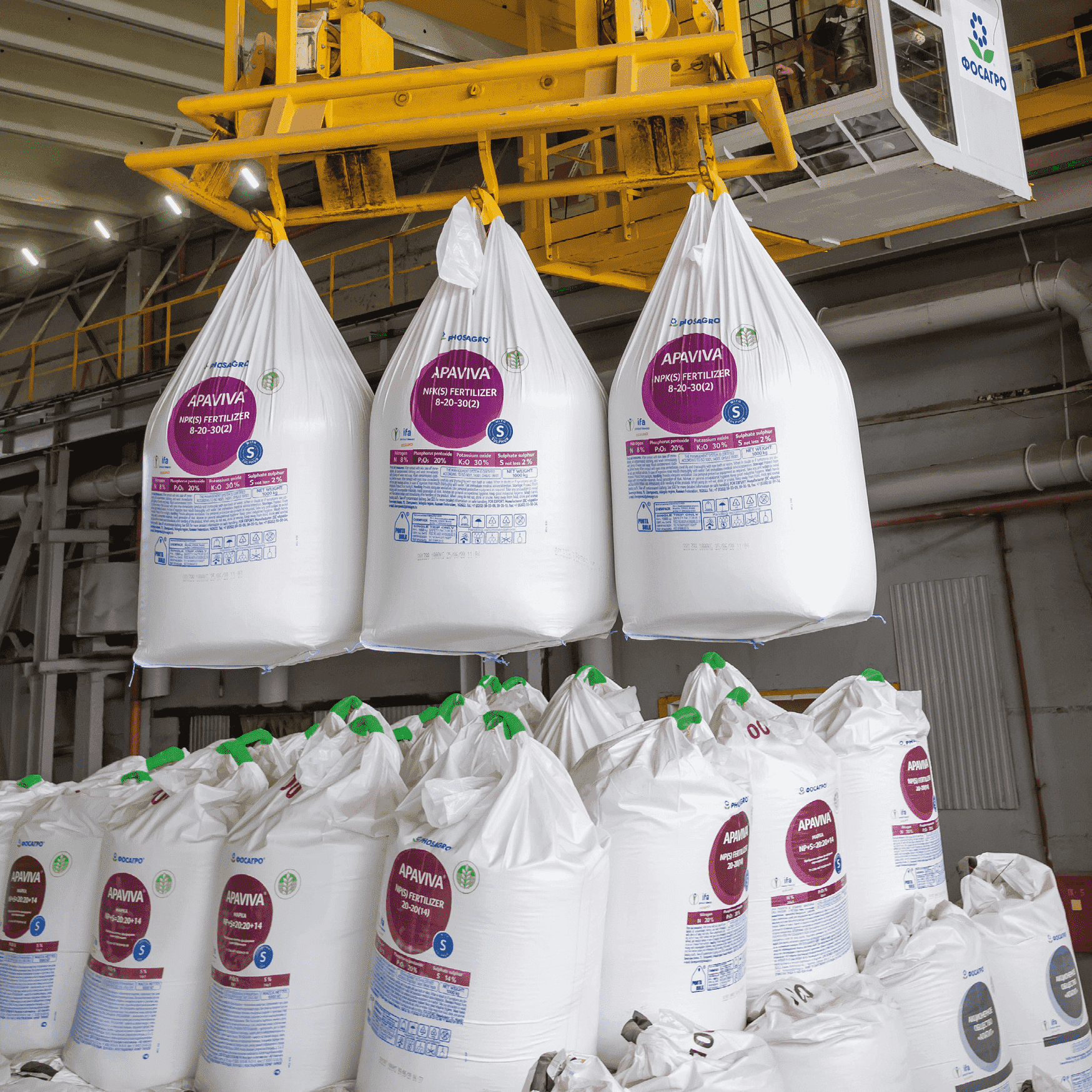
- Marketing products meeting customer requirements
- Taking into account customer feedback
- Information support
- Digital services for customers
Planning is an important element of PhosAgro Group’s management system. Planning involves complex and comprehensive research to determine a set of criteria for the development of a future product, including:
PhosAgro Group’s quality management system defines processes that ensure traceability of the criteria of product safety, quality and conformance with stakeholder requirements and expectations throughout the product life cycle to comply with the stringent quality requirements for the end product, from ore and material selection to end product research.
Interaction with customers and product safety are closely related issues regularly discussed by the Board of Directors’ committees and submitted to the Board of Directors for consideration.
Each facility has designated staff members responsible for internal control and support of the quality and environmental management systems, which includes implementing targeted initiatives, performing internal audits, updating records, collecting and providing input data for review by top management to improve governance across the board.
Every year, the quality and environmental management systems undergo an external audit by an independent firm to maintain their compliance with ISO 9001, ISO 14001 and other standards. The systems are supported by internal and external audits that help promptly reveal areas for improvement and introduce best practices into management systems.
Development of products and manufacturing processes is implemented in partnership with Samoilov Scientific Research Institute for Fertilizers and Insectofungicides (NIUIF), Russia's only institute specialising in this area.
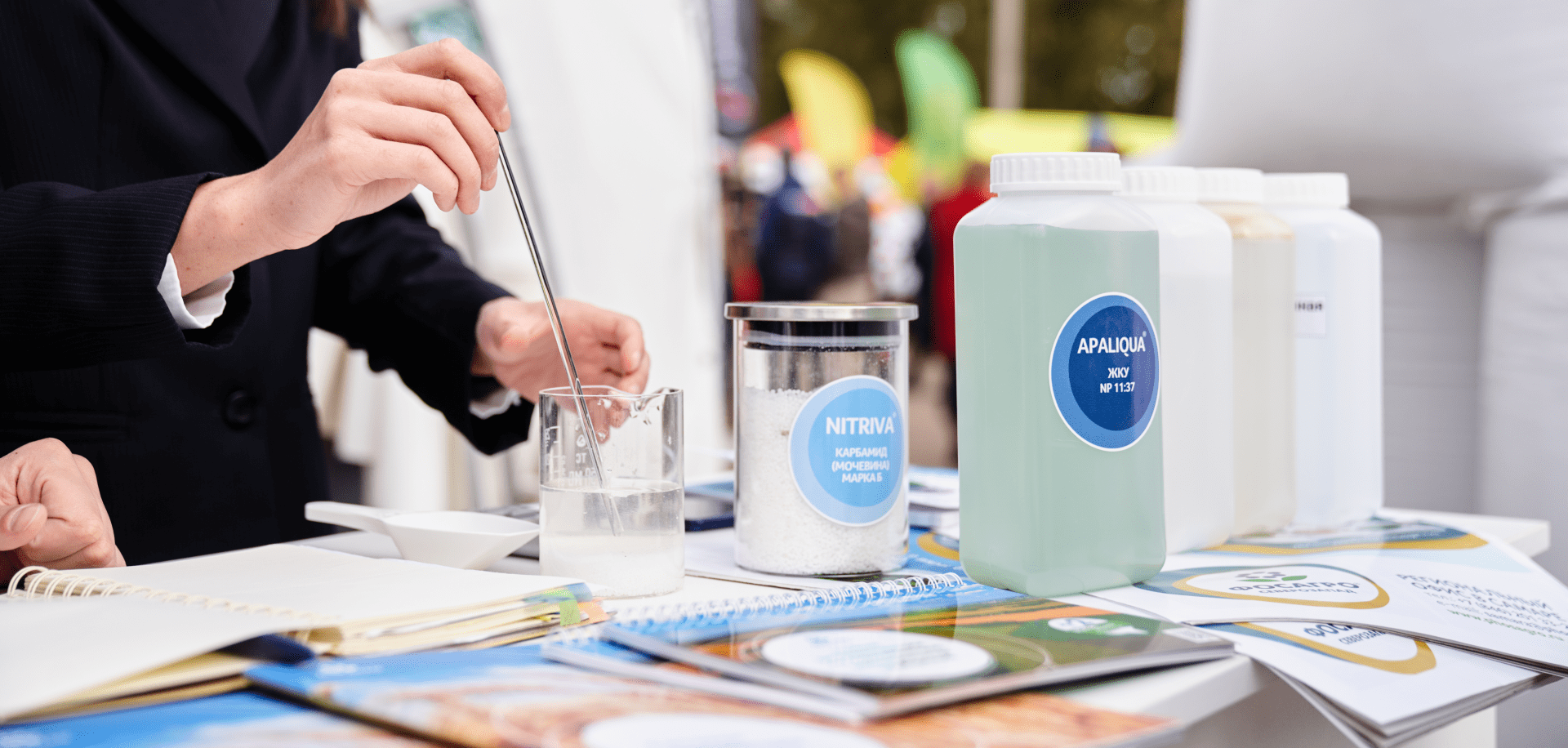
The Company has a risk management system in place to identify and mitigate product related risks in cooperation with customers. The following strategic risks, in particular, affect our product and customer related objectives:
Risks specific to the Group's operations are listed below:
The Company develops corrective measures as necessary and unlocks opportunities, including voluntary certification, to mitigate those risks. Below you can find more information about what we do on this front.
PhosAgro Group facilities ensure timely receipt of all necessary licences for their activities to strengthen public confidence in the safety of their operations and products. All types of fertilizers are registered in Russia. PhosAgro Group is committed to minimising hazardous substances in its activities. We ensure full transparency with respect to the chemicals we use and the content and properties of our products.
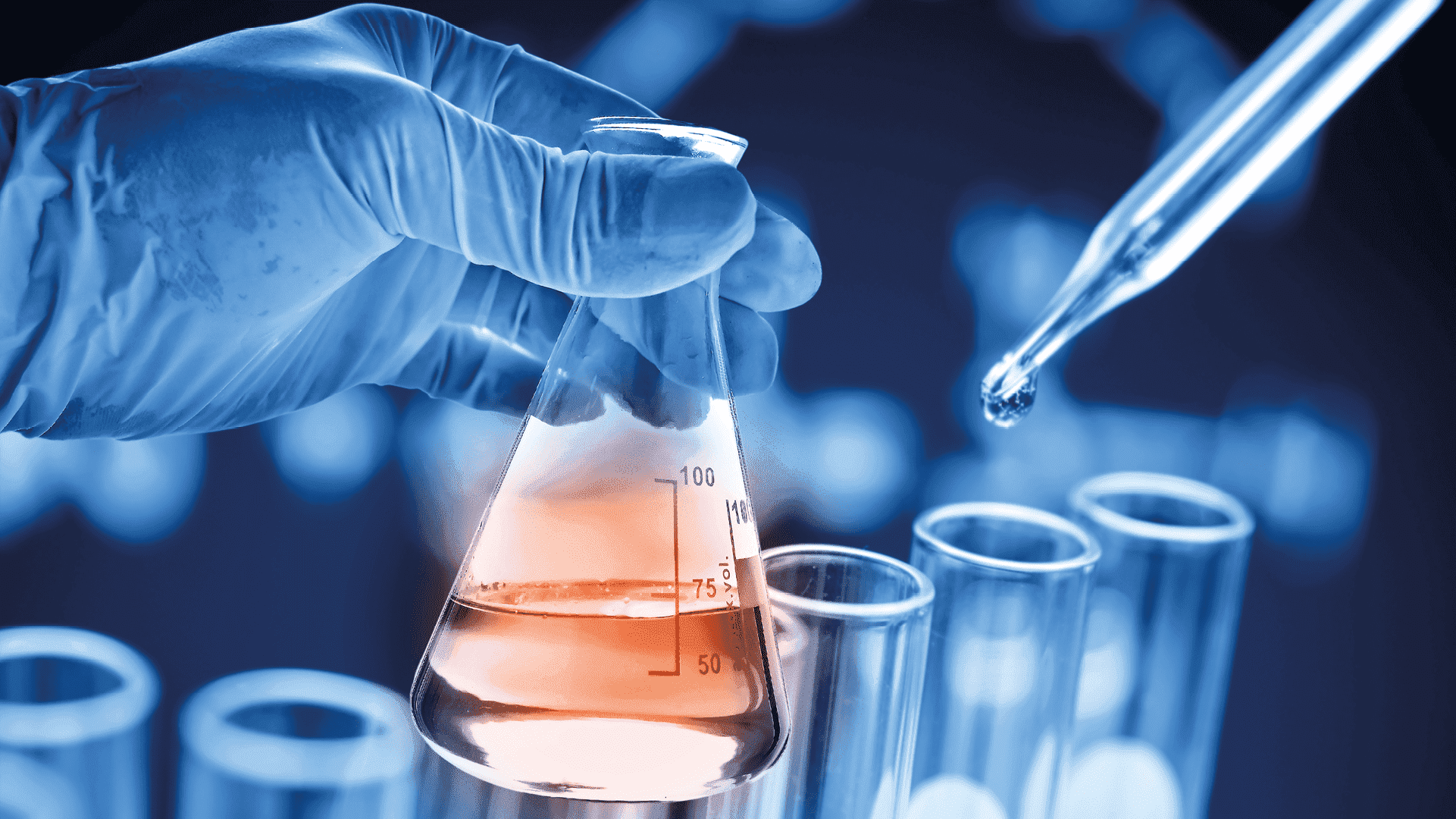
We tap our extensive knowledge base and technologies to design products that are safe for the environment and people. In strict compliance with the regulations, all PhosAgro products undergo the necessary environmental and toxicological tests as part of their registration process before being marketed to our customers.
Mineral fertilizers produced by PhosAgro Group are subject to mandatory state registration of agrochemicals by the Russian Ministry of Agriculture. All grades of PhosAgro Group’s mineral fertilizers registered in Russia passed a mandatory examination for compliance:
- toxicological and hygienic – in Erisman Federal Research Centre of Hygiene;
- biological – in Pryanishnikov Institute of Agrochemistry;
- environmental – in Rosprirodnadzor and Lomonosov Moscow State University;
- sanitary and epidemiological standards – in Rospotrebnadzor.
We are committed to the ethical principles of animal welfare and seek to avoid using animals for research. This issue is address ed at the highest level by the Company’s Board of Directors. In 2021, we revised our Code of Ethics to state our position on this matter. In line with the Code of Ethics, PhosAgro Group does not conduct experiments on animals, except as required by law; when conducting an expert examination of fertilizers, the main method of evaluating information on the toxicity and hazard of a multi-component substance to animals is to analyse information from national and international databases, as well as information on previously registered fertilizers. Currently, there are very few alternatives to animal research that are recognised by the government.
We are doing our best to expand the range of allowed research methods and reduce experiments on animals.
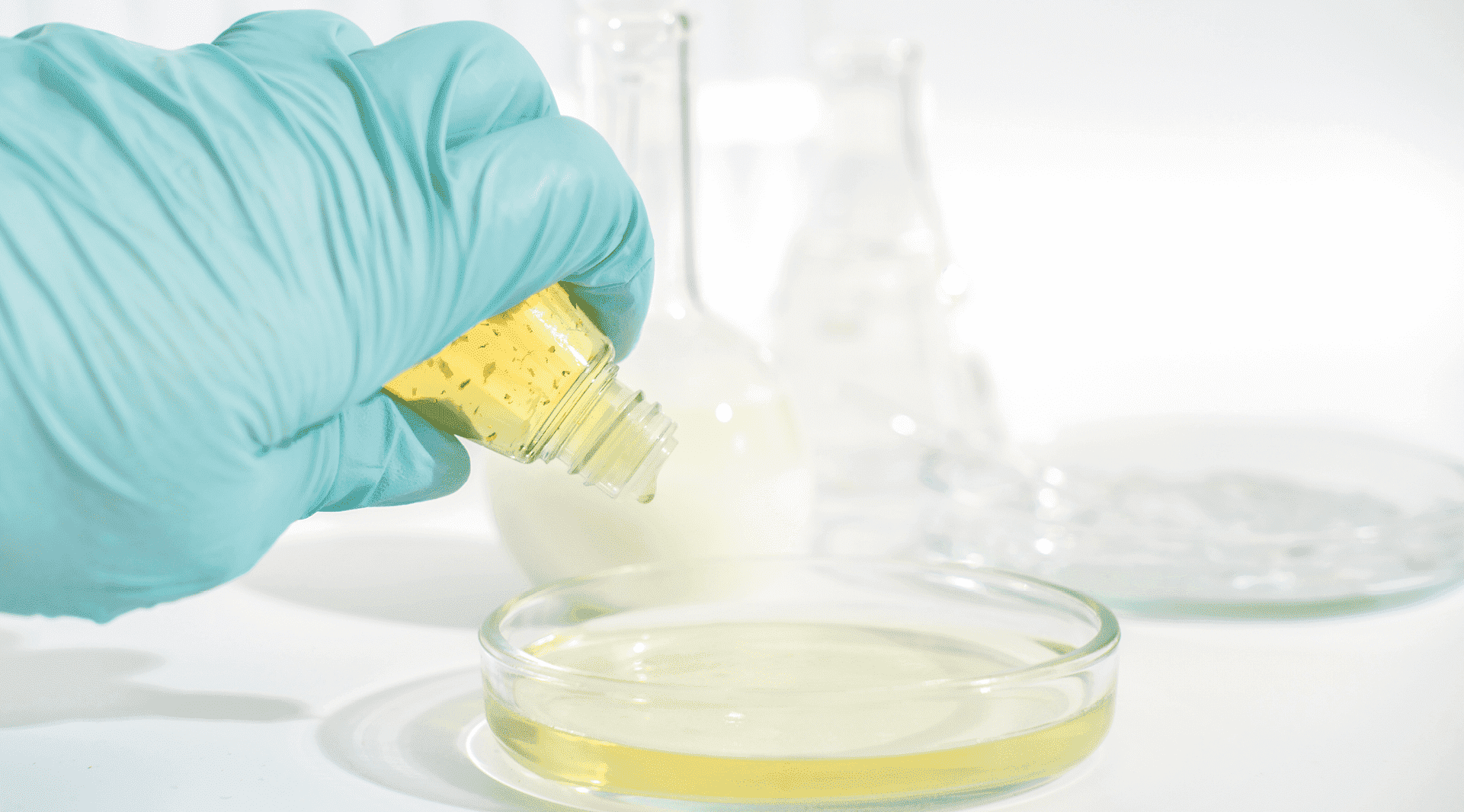
PhosAgro Group's products exported to EU customers have been registered pursuant to Regulation (EC) No. 1907/2006 concerning the Registration, Evaluation and Authorisation of Chemicals (REACH). For companies, REACH conformity means greater responsibility for assessing the risks associated with the use of chemicals and providing users with relevant safety information. Companies producing or importing 10 tonnes or more of hazardous substances per year are required to submit not only technical data, but also a chemical safety assessment (CSA). All information on such substances is communicated by PhosAgro Group in full to the regulators. Pursuant to the above Regulation, Apatit’s products contain no substances which are subject to restrictions on their sales in the European Union.
We produce ammonium nitrate (AN) CAS 6484-52-2 EC No. 229-347-8, which is subject to para 58, Annex XVII of REACH. However, it does not apply if a fertilizer conforms to specifications defined in Annex I and Annex IV to Regulation (EU) 2019/1009 of the European Parliament and of the Council. To assess conformity, samples of ammonium nitrate are sent quarterly to the Inspectorate Estonia AS lab for detonation resistance and oil retention tests. The results are formalised by a protocol for compliance with the requirements of Annex I and Annex IV of Regulation (EU) 2019/1009. In addition, para 30 of Annex XVII to REACH lists substances specified in Part 3 of Annex VI to Regulation (EC) No. 1272/2008 and classified as toxic to reproduction, Category 1A/1B. These include sodium tetraborate, which is on the list of Substances of Very High Concern (SVHC) and is classified as a reproductive toxicant, Category 1В, but the restrictions only apply to individual concentrations in the mixture above 4.5%. We produce NPK fertilizers with boron that contain sodium tetraborate at a concentration of 2–3%. Therefore, the special concentration level as defined in Part 3 of Annex VI to Regulation (EC) No. 1272/2008 is not reached. Thus, PhosAgro Group faces no restrictions under Annex XVII of Regulation No. 1907/2006. The quality and safety of mineral fertilizers produced by the Company is confirmed by state registration certificates, declarations of conformity, and safety data sheets. According to expert reviews, new fertilizer grades of PhosAgro Group are effective and environmentally and toxicologically safe. The products are properly classified, labelled and packaged in accordance with Regulation (EC) No. 1272/2008 (Classification, Labelling and Packaging Regulation, CLP Regulation) and Regulation (ЕU) 2019/1009. All types of manufactured fertilizers have safety data sheets (SDS).
PhosAgro Group's unique phosphate-based fertilizers have perfectly low cadmium average content (0.2 mg per kg), making them among the safest in the world. On 5 June 2019, the European Council and European Parliament approved the EU Regulation 2019/1009 (Fertilizing Products Regulation, FPR) on fertilizers, establishing new EU-wide rules for CE-marked fertilizers (also known as EU Fertilizing Products). The regulation provides for reducing cadmium content in EU fertilizers, by introducing a single cap at 60 mg per kg of P₂O₅ and banning inorganic fertilizers in the EU with a cadmium content above that cap starting from 16 July 2022. Going forward, the regulation provides for gradual reduction of cadmium content to 20 mg per kg of P₂O₅. The plans of cutting the cap to 40 mg per kg of P₂O₅ have been already announced. At the same time, the French Agency for Food, Environmental and Occupational Health & Safety (ANSES) has already issued recommendations for a cadmium content in inorganic phosphate-based fertilizers of less than 20 mg per kg of P₂O₅.
Thus, PhosAgro Group's phosphate-based fertilizers are well within EU requirements for cadmium content, which is reflected in our product slogan: pure minerals for healthy lives.
In 2022, in line with Regulation (EU) 2019/1009, Apatit’s mineral fertilizers were successfully certified by an independent notified body in the area of fertilizer certification in the EU, making it possible for the fertilizers to be CE-marked.
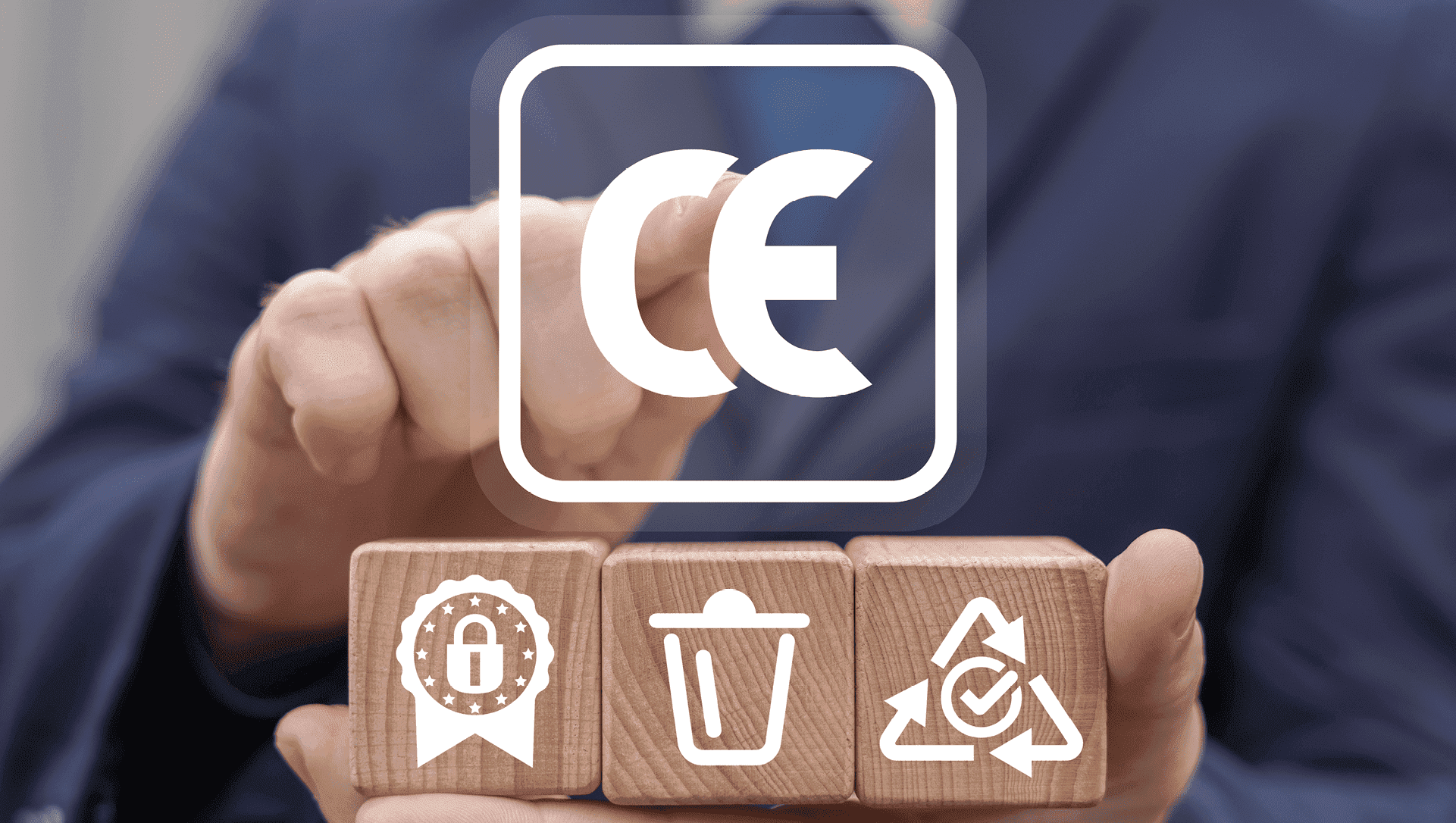
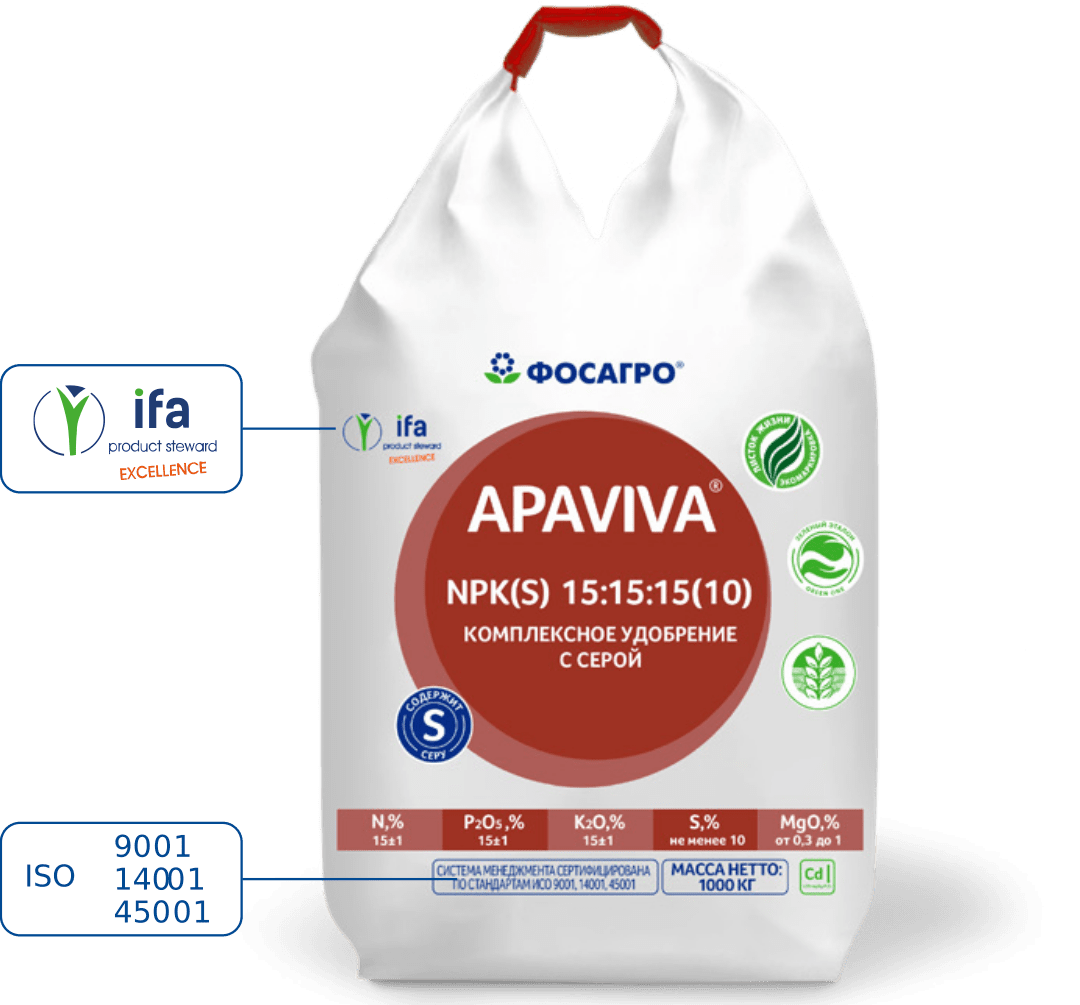

On top of that, the Company has a certificate under the Ecological Union’s Vitality Leaf standard and the right to use the internationally recognised eco-label on its products.

All agrochemicals of PhosAgro Group have been certified under the GOST R 58658–2019 national standard, which has introduced the world’s most rigorous limits on heavy metal and arsenic content, allowing the Company to use the Green One eco-label.
Both certificates were confirmed in 2022. Independent assessment results are a testament to the unique eco-efficiency of PhosAgro Group’s products.

Also, the Company made a Green Label environmental claim, asserting that the Group’s products are free from dangerous cadmium concentrations capable of harming soils.

In addition, our products are labelled with an EU pictogram developed under Regulation (EU) 2019/1009 and ensuing rules for voluntary labelling of safe fertilizers in terms of heavy metals content.

In 2022, PhosAgro was the first Russian mineral fertilizer producer to win strong recognition in Brazil, one of the world’s major agricultural markets, where our products obtained the Environmental Quality Label. As part of mutual recognition of eco-labels, Brazilian experts reviewed the life cycle of the Company's products, with a special focus on conformity to Brazilian requirements for the production, storage and transportation of fertilizers.
The Brazilian standard contains strict limits on levels of arsenic and heavy metals, which PhosAgro Group mineral fertilizers are fully compliant with.
included production, environmental and social criteria, such as:
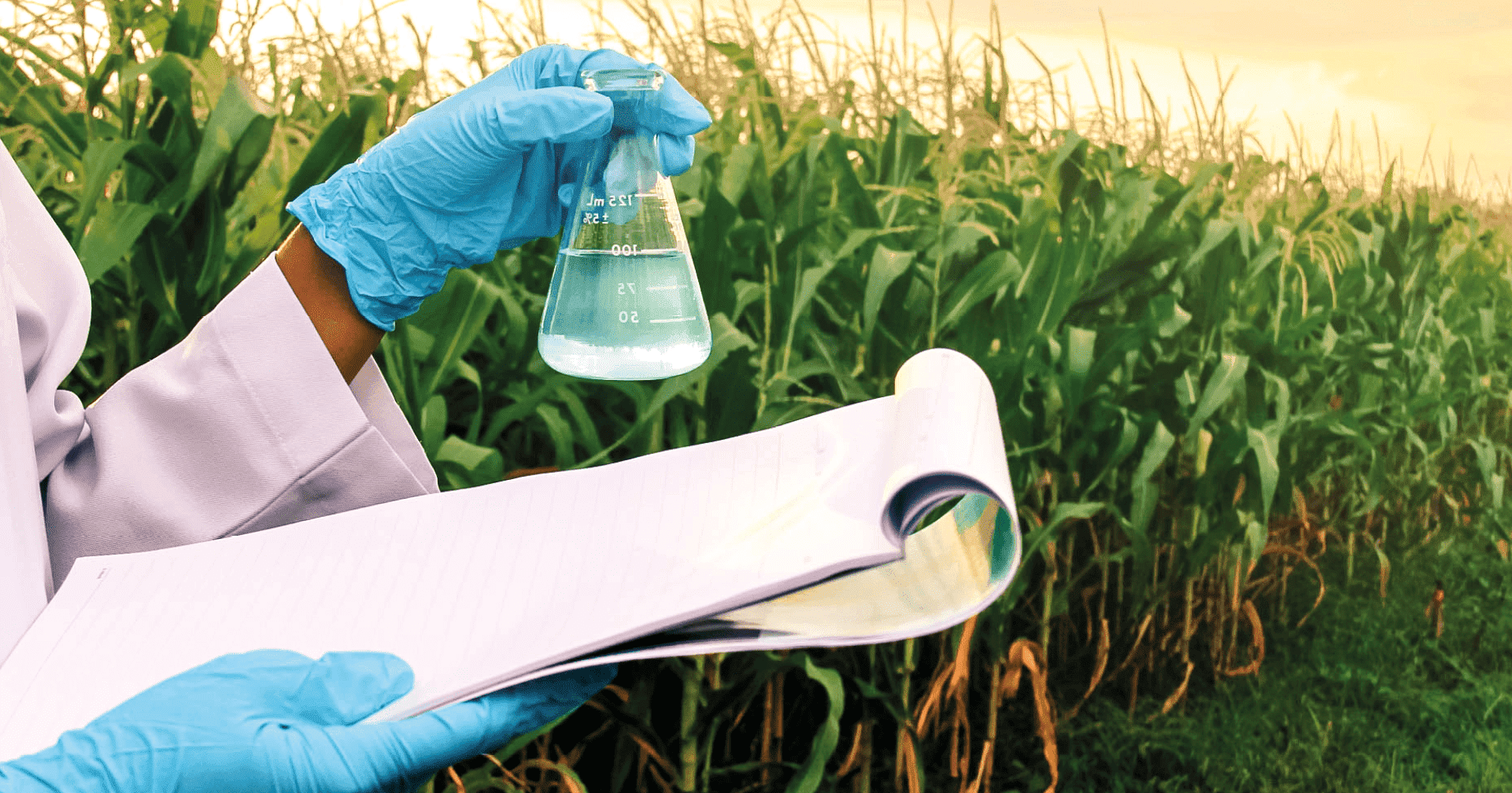
Throughout 2022, PhosAgro Group maintained a strong focus on activities that help make information about the Company's products and services more accessible.
Customers enjoy our digital services, which are complementary to PhosAgro Group’s core products and allow us to expand consumer opportunities, including by offering faster access to the relevant information and competencies of PhosAgro Group experts. PhosAgro Innovation Centre provided extensive expert support to consumers during the year.
Ensuring customer satisfaction is a major priority for PhosAgro Group. In order to obtain unbiased data on the performance of our quality management system, collect comments, and quickly act on them, we regularly monitor customer satisfaction levels. We also take on board feedback from existing and potential customers regarding our products and carefully review all the proposals and comments we receive in order to better meet our customer needs, expand our product range, acquire new customers and tap into new sales markets. The data obtained serves as the basis for the annual assessment of customer satisfaction.
In late 2022 and early 2023, PhosAgro Group carried out yet another survey of consumer opinion. This time, the Company polled its Russian customers using a questionnaire in Microsoft Forms, which focused on customer satisfaction and loyalty aspects.
The questionnaire relied on a qualitative evaluation using a scale from 1 (not satisfied at all) to 5 (completely satisfied). Whenever customer satisfaction is not rated at 5, respondents are asked to explain the reasons and provide comments to PhosAgro.
Customers reported high satisfaction (score 5 or 4) with the performance of PhosAgro's staff (promptness of request handling and quality of support and consultations), rating it 98.6%, up from the 2021 level. Positive results also came for the quality and packaging of PhosAgro Group’s products (satisfaction levels rated at 97% and 98.6% respectively).
customer satisfaction was assessed using the following indicators:
The survey showed that customers gave a high appraisal of PhosAgro Group’s products using the above criteria.